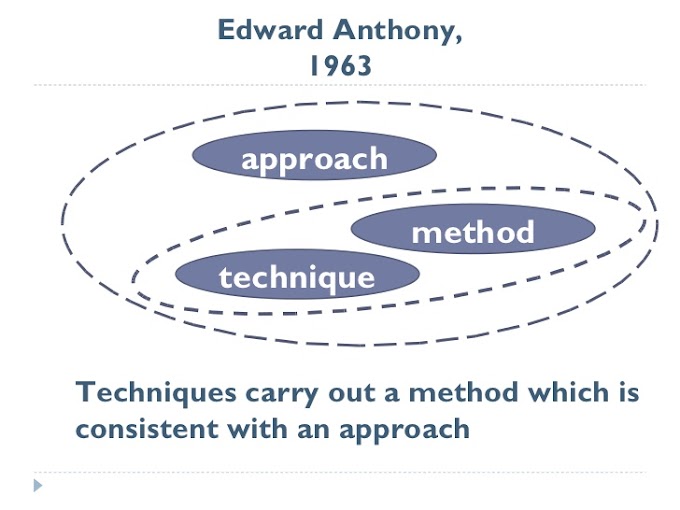"Of Great Place” appears in Francis Bacon's most important literary writing called “Essays”, the last revised edition of which appeared in 1625. In this essay, the whole attention is concentrated on instructing the reader on how to get on in politics, how to handle other men so as to advance one's own claim to the great place.
Critics argue that this essay is marked by Bacon's abrupt, epigrammatic style, his practical wisdom, and permeated with his knowledge in history, biography, philosophy, and classical literature. His expressions are so pithy and impersonal that many of the sayings in them have become proverbial.
Bacon opens his essay 'Of Great Place’ as usual with a plain statement that persons in great places are thrice servants. They are servants of king or state if fame and business. Then he points out the several disadvantages of high place. A man in a high place has no liberty or time to think about himself. He may have power over himself.
Rising to a high place is difficult but the fall is sudden, quick and disgraceful. A man is reluctant to give up his high office even when he becomes old and sick. The only advantage that he has is the immense power that he may exercise to do good to others.
Bacon's shrewd observations include a number of maxims to guide men in high authority. Bacon advises the man to follow good instances of the predecessors and avoid bad examples. A man in high place should be guided by reason and maintain the rights and dignity of his office including his subordinates. He should welcome formative advice from others and be open about any reform or policy change.
Bacon offers practical directions to avoid four vices that a person in authority often faces. Delays and roughness are two vices that discourage and deter people from taking to survive. The facility is worse than bribery and corruption for favoritism makes a man suspect l. Bacon clearly mentions that the rising to a great place is by a 'winding stair’.
Thus the whole essay “Of Great Place” blends Machiavellianism with his practical advice dedicated to offering generalization and extracts from practical knowledge woven together with the experience from previous authors.
That style in this essay is clear, terse, and easy: extremely suitable for expressing subtle and variety of thoughts. His treatment of his subject is devoid of feeling and emotion. He wrote in epigrammatic brevity: “All rising to a great place is by a winding stair”. His analogies, metaphors, and similies lend warmth and color to his style illustrating his ideas effectively.
Back on compares the high position with the slippery place: “The standing is slippery’, metaphorically suggesting that impending downfall. The image of ‘winding stair’ refers to crooked methods or roundabout ways of attaining great places. Similarly, the essay is full of reference allusion and quotations from a different author. These provide Authority dignity and weight to the ideas. there is an allusion to sayings of ancient Greece and reference to the Bible's book of Genesis and proverbs to emphasize his thoughts.
In the light of the above discussion, we can say that “Of Great Place” combines moral maxims with Machiavellian practicality. Bacon conveys his ideas in a clear simple style using images, allusions, and references which provide a poetic charm to his essay.





0 Comments